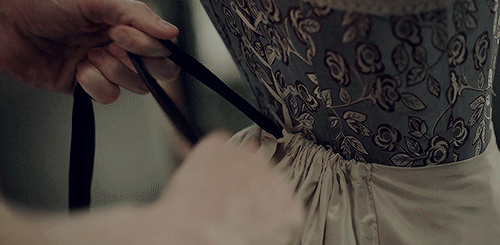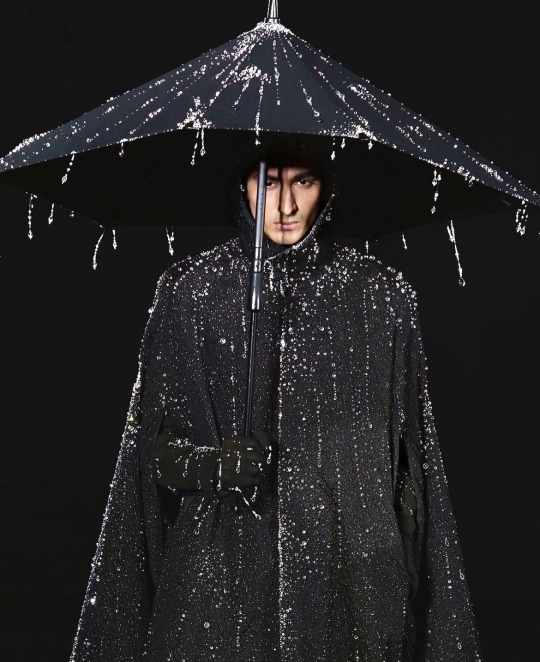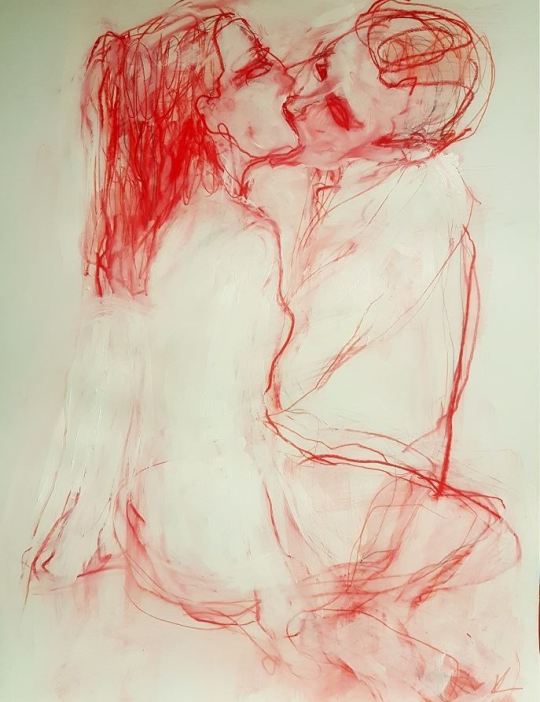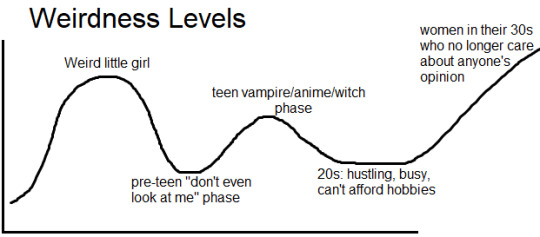Text
“The kind of literature that fan fiction is did not spring fully formed into being in the 1960s and 70s, though some journalists still seem to think so. Throughout this book I have been stressing the link, in literary terms, between fan fiction and any other fiction based on a shared canon […]. It is clear from the comments of fan fiction writers like Ika and Belatrix Carter that one major attraction of this genre for writers is the sense of a complicit audience who already share much information with the writer and can be relied on to pick up ironies or allusions without having them spelled out. Writing based on the canons of myth and folklore can do this too, though as Belatrix Carter pointed out in chapter 7, these canons have been so extensively used for so long it is becoming harder to do anything with them that feels original. But there is another point, implied in Ika’s remark in chapter 2 - ‘What I like about fan fiction is that you can still get that very highly trained audience that can understand very, very complex and allusive things.’ The use of ‘still’ alludes to the undoubted fact that for the traditional canons of myth, Bible, history, and folklore, this “very highly trained” audience is not as reliable as it once was, because the canon information is not as widely shared as it used to be. […] a writer can no longer allude to Lazarus, Circe or Alexander and be reasonably sure that most of his readers have in their heads the thoughts, stories or images for which he was aiming. The human need for heroes and archetypes does not go away, but their faces change with time, and one avatar takes the place of another. Ika’s point is a shrewd one: in an age of fragmented rather than shared cultures the fan fiction audience is unusual in having as thorough a knowledge of its particularly shared canon as a Bible-reading or classically educated audience once did.”
— Sheenagh Pugh, The Democratic Genre: Fan Fiction in a Literary Context, p. 219 (via nihilistelektra)
6K notes
·
View notes
Photo





Anna Karenina & Alexei Vronsky in Anna Karenina. Vronsky story (tv mini-series, Russia, 2017)
88K notes
·
View notes
Note
robert pattinsons dior homme ne fragrance ad is giving me major dramione vibes 😭
There’s a couple of them... but people often send me this one when they want to send my throat kink into aggressive overdrive.
youtube
67 notes
·
View notes


























